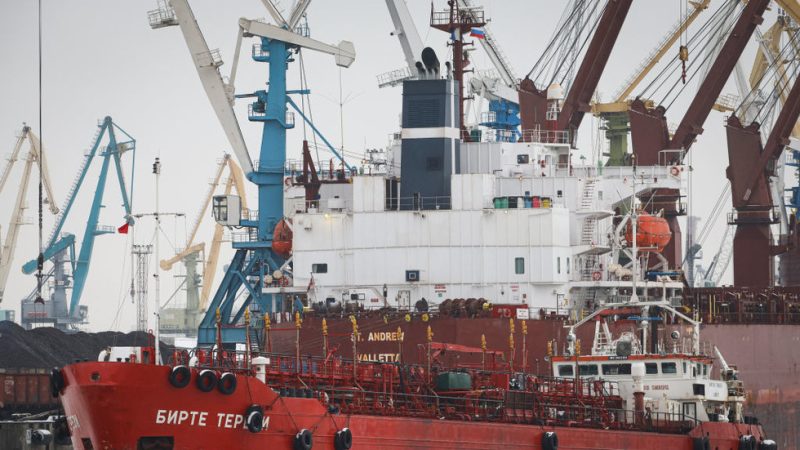
India’s energy landscape is undergoing a significant shift, with the country dramatically increasing its purchases of Russian crude oil. According to data analytics firm Kpler, India has acquired a staggering 80% of Russia’s seaborne Urals oil exports this year. This surge in imports represents a major strategic move by New Delhi, with significant implications for global energy markets and geopolitical dynamics.
Two Indian private refineries, Reliance Industries and Nayara Energy, are at the forefront of this trend. Together, they account for a substantial 45% of all Urals crude imported into India, totaling 231 million barrels in 2025. Reliance Industries, owned by billionaire Mukesh Ambani, has emerged as the world’s largest buyer of Russian oil, securing 77 million barrels of Urals crude this year alone. This follows a landmark ten-year deal signed in December 2024 with Rosneft, signifying a massive $13 billion annual commitment to Russian oil.
Nayara Energy, with its 49.13% stake held by Rosneft, has also significantly ramped up its imports of Russian crude. Bloomberg reports that approximately 72% of Nayara’s oil imports now originate from Russia, a stark increase from just 27% three years ago. This highlights the growing interdependence between India and Russia in the energy sector.
The reasons behind India’s increased reliance on Russian oil are multifaceted. The volatile situation in the Middle East, particularly the threat of closure of the Strait of Hormuz, a crucial oil shipping route, has played a significant role. While New Delhi has expressed confidence in its ability to manage potential disruptions, the increased reliance on Russian oil provides a measure of security and diversification in its energy supply chain. The surge in imports, reaching a ten-month high of 1.8 million barrels per day in May, solidifies Russia’s position as a major oil supplier to India.
This dramatic increase in Russian oil imports underscores India’s pragmatic approach to securing its energy needs amidst global geopolitical uncertainty. While the long-term implications of this shift remain to be seen, it’s clear that India’s relationship with Russia in the energy sector is evolving rapidly, shaping the dynamics of both regional and global energy markets.










